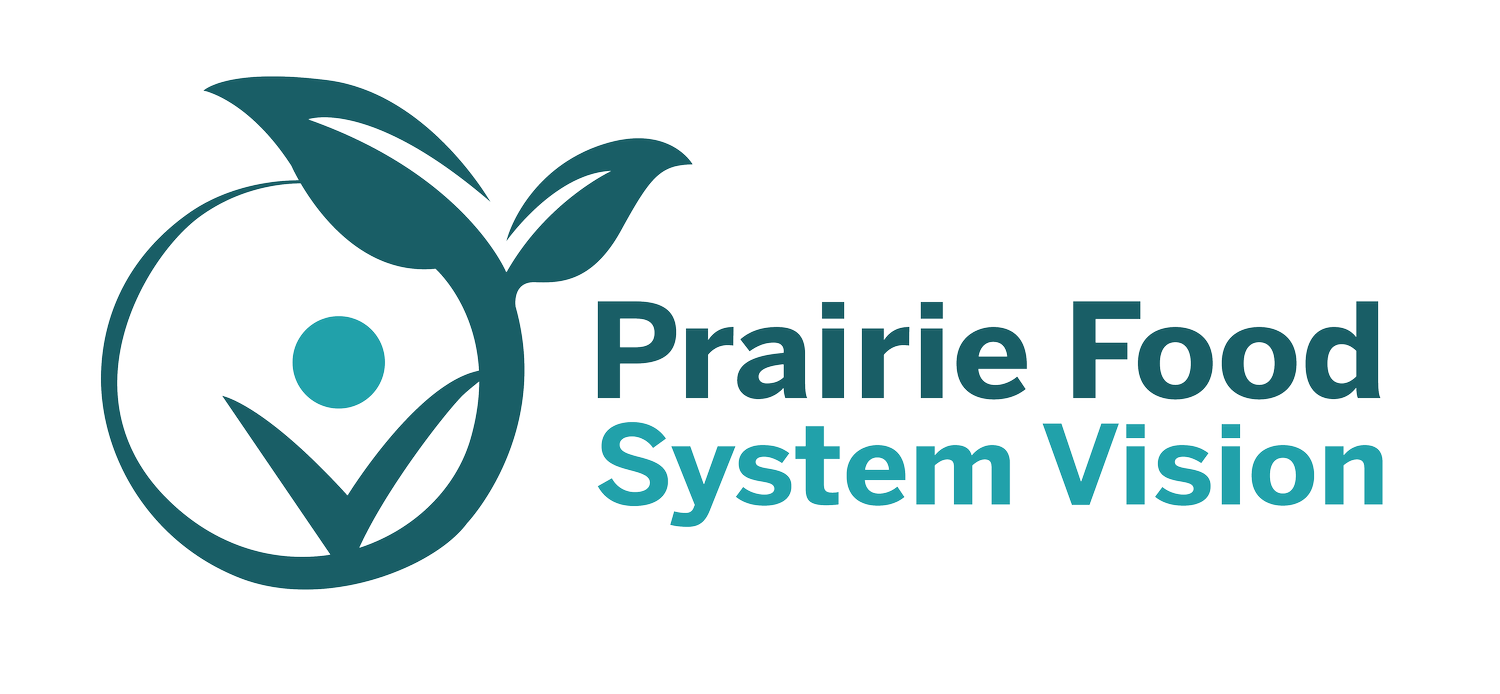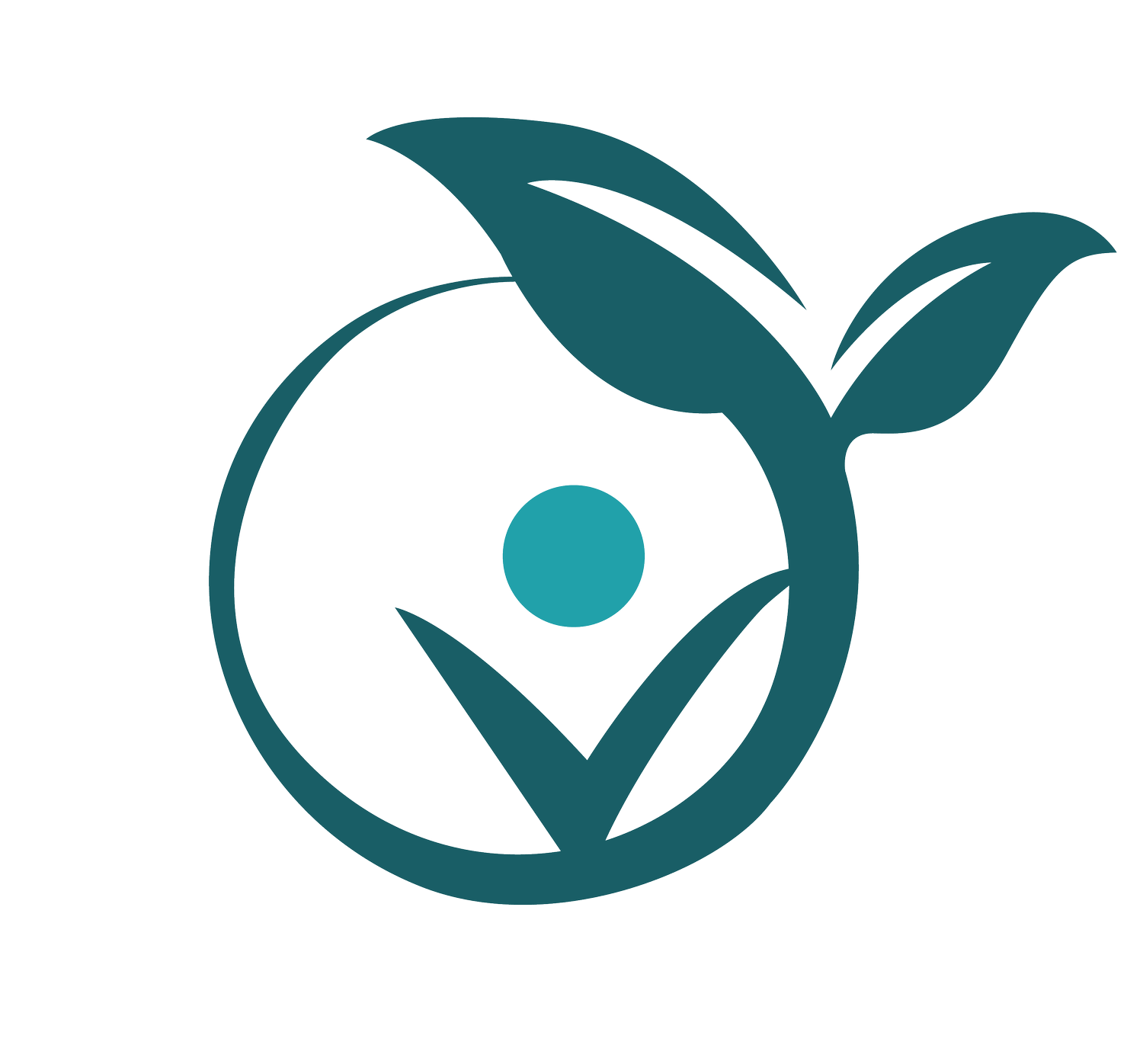Our Challenge
The Canadian Prairies (Alberta, Saskatchewan, Manitoba) are home to approximately 7.7 million people, of which around 8% are Indigenous Peoples. There are one hundred and seventy-eight (178) First Nation reserves located in the Prairie provinces and many Métis communities. While the population was historically rural, a steady increase in farm size and mechanization has meant that many towns and villages have disappeared.
In the 1870s, to efficiently produce and export grain for the global market, Canada’s colonial authorities remade the Prairies reflect an industrial mode of agricultural production. Despite entering into treaties with the Indigenous nations who occupied the lands, the Canadian government pursued policies to eliminate Indigenous Peoples and their cultures. The ripple effects on both the land and the community are felt to this day.
The climate also poses a challenge: severe winters reach below -40 degrees Celsius and the frost-free growing season in the grain growing regions is limited to 120 days. With annual precipitation ranging between 35-50 centimetres, the landscape is prone to both drought and flooding.
Our Story Video - The Prairie Food System
We are proud to be one of The Rockefeller Foundation's Top 10 Finalists for the Food System Vision Prize. The Finalists were selected from a pool of more than 1,300 applicants from 119 countries, all seeking to develop a Vision of the regenerative and nourishing food system that they aspire to create by the year 2050.
OUR VISION
FOR 2050
The Treaty Peoples of the Prairie region have reconciled their relationships, restored the land, and established healthy, equitable, and sustainable food systems.
Our Solution
To transform food systems across rural and urban settings in the Prairies, we identified actions and commitments to achieve our Vision:
Establish solutions hubs dedicated to supporting a 30-year transformative process to transform food systems covering six key areas: economy, environment, diet, policy, technology, and culture.
Raise awareness and inspire engagement, we will develop purposeful and intentional communication strategies and to amplify the solutions of others to move towards a regenerative, equitable, and reconciled society in the Prairies and beyond.
Collaborate with a wide range of stakeholders – including farmers, Indigenous communities, newcomers, and governments – to encourage ongoing discourse on food systems and societal change from diverse viewpoints.
Provide education, encouragement and support to individual, community and institutional stakeholders to align them with our Vision and to move the whole community forward together in one powerful, harmonious effort.
Infuse all strategies with the need to transform our society in the spirit of kwayēskastasowin wâhkôhtowin, which means making things right by recognizing that everything and everyone is connected.
Our Themes
The Prairie Food System Vision Network is working to develop resilient, prosperous, people-centred food systems
that will heal the land through the restoration of traditional knowledge. By focusing on decolonizing ourselves
and our food systems, we will reconcile our relationships with each other and the land.
-
Our vision focuses on regenerative farming, where the farmer is at the centre, not the supplier.
Agroecology reduces input costs and increases farm incomes through internal nutrient cycling, pest suppression, and smart carbon management.
Local food systems create new opportunities for small and urban farmers, and renew rural communities. -
People of all backgrounds recognize that we are all Treaty people.
Transforming food systems and land use practices will help remove the estrangement that has limited our shared possibilities.
-
Our food system has evolved to benefit corporate interests at the expense of farmers and consumers.
A transformed food system is one that is local, community-centred and diverse, supporting cooperatives, farmers markets, community gardens, orchards, and food forests. A new rural culture is attractive to young people.
-
The legacy of colonialism has resulted in many Indigenous Peoples living in poverty. Revived Indigenous food systems restore physical, mental, emotional, and spiritual health.
Elders transfer cultural knowledge to young people about gathering, hunting, fishing, and preparing traditional foods.
-
Food systems work best within high-functioning ecosystems.
We envision up to half of the region conserved and restored as grasslands, parklands, and wetlands.
Natural spaces produce “country foods” and medicinal plants, providing another source of Indigenous foods.
DEDICATED TO CHANGE
THE ROCKEFELLER FOUNDATION FOOD SYSTEM VISION PRIZE
2050 TOP VISIONARY - We are proud to be one of The Rockefeller Foundation's Top 10 Finalists for the Food System Vision Prize. The Finalists were selected from a pool of more than 1,300 applicants from 119 countries, all seeking to develop a Vision of the regenerative and nourishing food system that they aspire to create by the year 2050.




